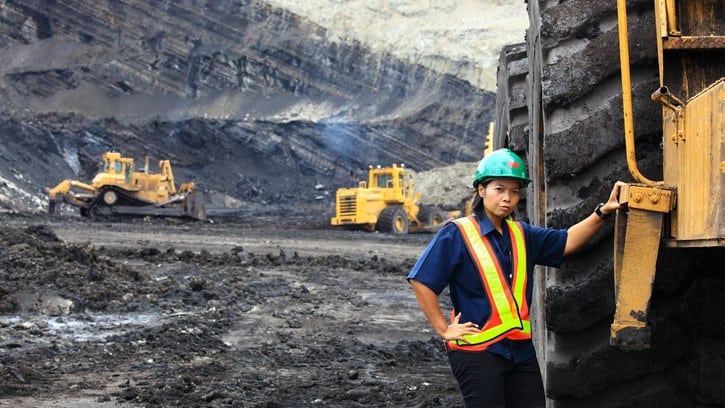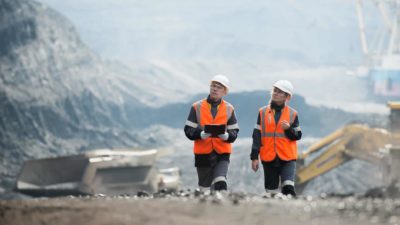The BHP Group Ltd (ASX: BHP) share price has plunged 30% in the last two months, weighed down by iron ore prices and weak Chinese economic data.
Iron ore was trading comfortably above US$200 a tonne around mid-July before prices would stage a rapid descent to lows of around US$92 a tonne by late September.
The BHP share price isn't alone in this iron ore rout, with its peers including Rio Tinto Limited (ASX: RIO) and Fortescue Metals Group Limited (ASX: FMG) sliding 26% and 40% respectively since the start of August.
Iron ore prices reversed so fast that Mount Gibson Iron Limited (ASX: MGX) announced plans to ramp down operations at its Shine mine site "given recent significant adverse movements in iron ore prices, product discounting and shipping freight rates …".
What's driving iron ore prices lower?
There's a lot of moving parts (most of which are linked to China) as to why the BHP share price came down as fast as it went up.
Chinese policymakers have made firm commitments to meet emissions and energy consumption targets. This has resulted in a clampdown on domestic steel production and a shift away from iron ore in favour of low-emissions steel scrap.
According to S&P Global, China is on track to reduce its crude steel output this year below 2020 levels for the first time since 2016.
"A few mill sources expected China's steel output cuts to widen further in late-September or October, mainly as the overall cuts by mid-September have remained insufficient to keep the country's 2021 crude steel output within 2020 levels."
In addition, steel scrap is playing its part in reducing industry emissions and resource consumption.
In a separate report from S&P Global, it flagged that Chinese policymakers "prohibited further expansion of steel refining capacity in the 2021-25 period" with plans to shift production into steel scrap.
The goal is to raise production via electric arc furnaces to 15%-30% of total crude steel output during the five-year period, compared to a 10% level at present, with 30% of this production coming from scrap.
Also troubling the BHP share price is China's Evergrande debt crisis.
China is the world's largest steel producer, accounting for approximately 70% of global iron ore imports. With about 60% of its imports coming from Australia.
Most of that ends up as steel which feeds into its construction and infrastructure sectors.
The Evergrande debacle could take a toll on investor confidence, dampen property development and deteriorate China's all-important housing activity.
What's next for the BHP share price?
The next week should be a quiet week for iron ore markets, given China's week-long National Day public holiday.
The short-to-medium term outlook for iron ore remains grim, with recent reports from the Bank of America forecasting iron ore prices to slump to US$70 a tonne.
If its assumptions hold true, then it could spell more trouble for the BHP share price.






